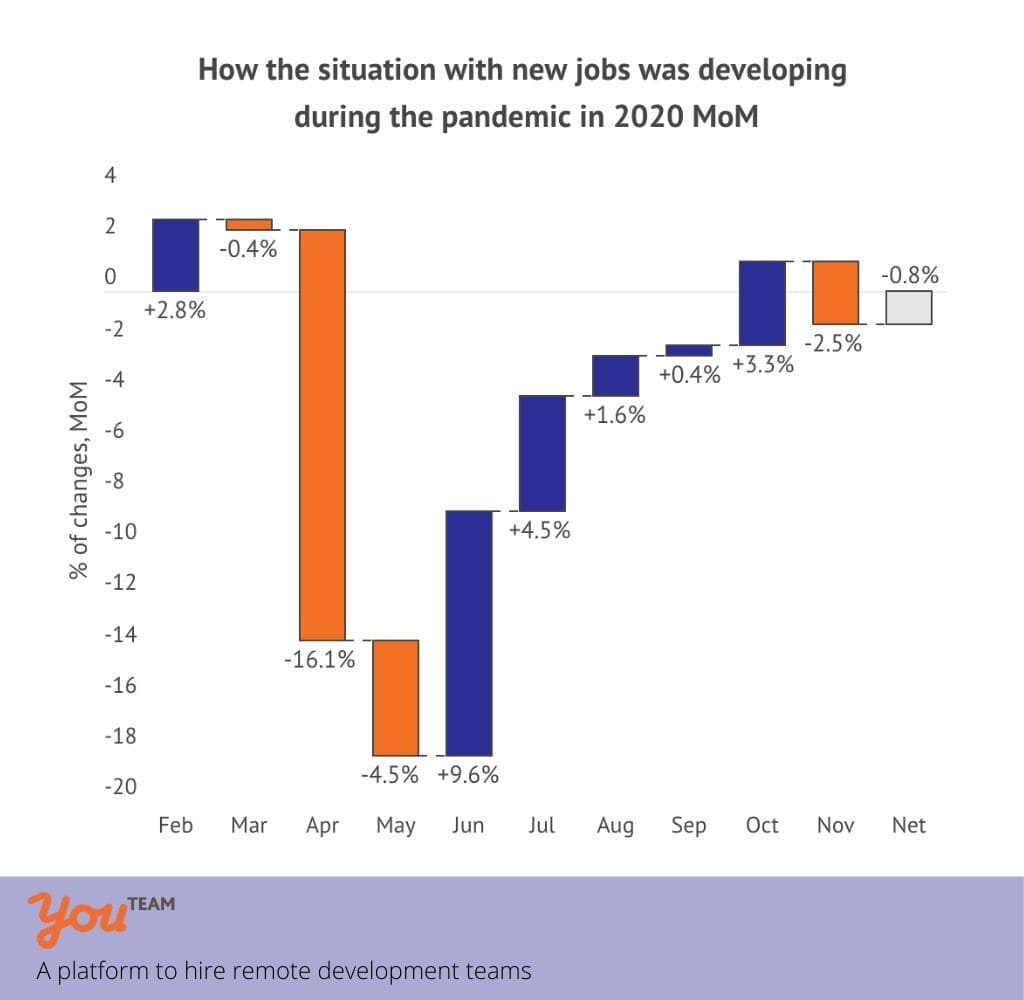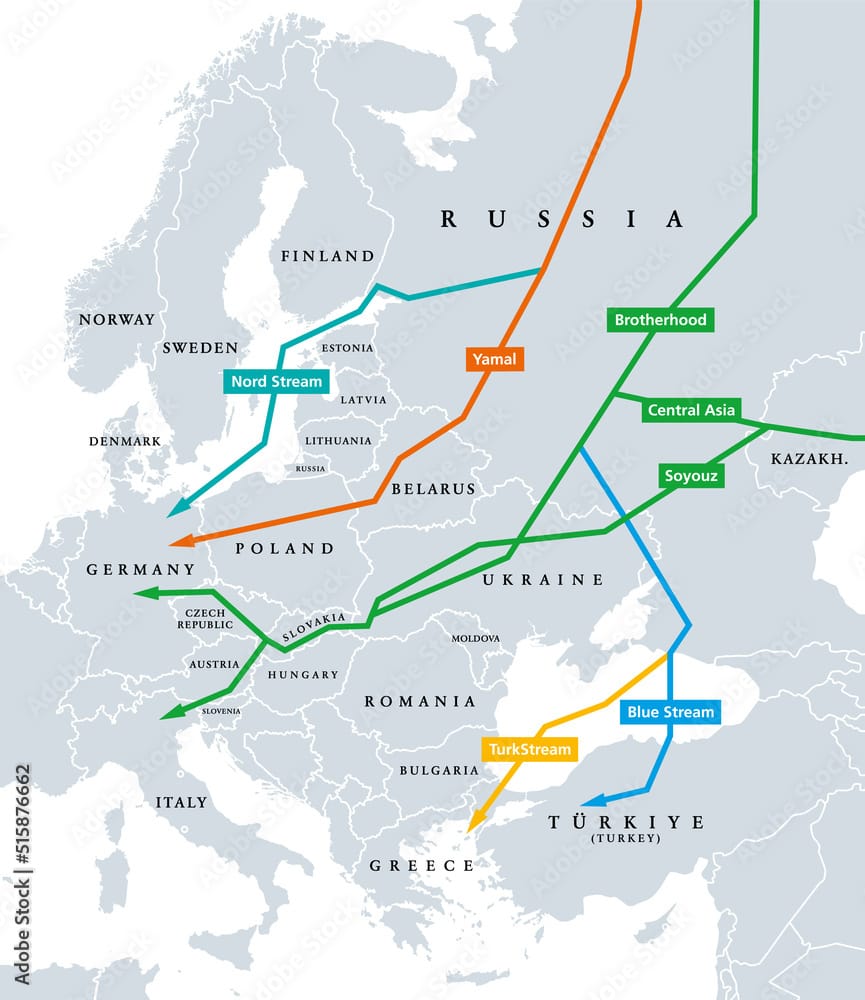In a notable pivot, the Republican Party has decided to reverse its previously endorsed initiative aimed at consolidating antitrust enforcement within the Department of Justice (DOJ). This reversal highlights the intricate dynamics within the political landscape concerning antitrust regulation, competition policy, and the broader implications for the business community.
The initial push for consolidation was premised on streamlining antitrust enforcement processes and creating a more cohesive strategy for combating anti-competitive practices. Proponents argued that a more unified approach would enhance the government’s capacity to address monopolistic behaviors and ensure fair competition in various sectors, particularly in technology and pharmaceuticals where concentration of market power has raised alarms. However, as discussions progressed, differing viewpoints emerged among party members, leading to a reevaluation of the consolidation effort.
One of the primary considerations for the GOP in reconsidering this initiative was the potential backlash from businesses that could be affected by stricter regulatory oversight. Many enterprises expressed concerns that consolidating antitrust powers could lead to increased scrutiny and regulatory burdens, stifling innovation and growth. Recognizing these apprehensions, the party opted to abandon the consolidation move, signaling a desire to maintain a more business-friendly regulatory environment.
Furthermore, the decision aligns with a broader trend within the GOP to prioritize market-driven solutions over regulatory interventions. This approach has been a cornerstone of the party’s economic philosophy, emphasizing the importance of free markets and competition while minimizing government involvement in business operations. By reversing the consolidation move, the GOP is aiming to reassure the business community of its commitment to facilitating an environment where companies can thrive without excessive governmental constraints.
The reversal also reflects the complexities of crafting an effective antitrust strategy in a rapidly evolving economic landscape. With the rise of digital platforms and the increasing globalization of markets, policymakers are faced with the challenge of addressing competitive concerns while balancing the need for innovation. Critics of the consolidation initiative argued that a singular focus on regulations might overlook the benefits generated by competitive dynamics in technology and other sectors.
As the GOP reassesses its position on antitrust policy, the implications for the DOJ’s enforcement capabilities remain a pertinent subject for stakeholders. The department has faced criticism in recent years over the effectiveness of its antitrust initiatives, particularly in scrutinizing mergers and acquisitions that could potentially harm competition. Many advocates for stronger antitrust enforcement have pointed to high-profile cases, including those involving major tech firms, as evidence of the need for a robust and proactive approach.
Without consolidation, the DOJ is expected to continue relying on its existing framework for investigating anti-competitive practices. This framework entails a collaborative approach between various divisions within the department, alongside engagement with other regulatory bodies. While this will allow for continued enforcement action, some experts express concerns that lack of consolidation may result in fragmented strategies that could undermine the government’s overall effectiveness in curbing anti-competitive behaviors.
The decision to abandon the consolidation initiative has also sparked reactions from different factions within the party. Some members have lauded the move as a strategic victory for pro-business sentiments, emphasizing the importance of a regulatory framework that supports economic growth and innovation. Conversely, others view it as a missed opportunity to enact more stringent measures to combat monopolistic practices that threaten market competition.
As the landscape of federal antitrust policy continues to evolve, the GOP’s decision will undoubtedly play a significant role in shaping future dialogues surrounding competition and regulatory frameworks. Observers are keenly monitoring how this shift may affect ongoing and future investigations into market competition, as well as legislative efforts aimed at reforming antitrust laws.
In conclusion, the GOP’s reversal on consolidating antitrust enforcement at the DOJ underscores the complexities inherent in managing market competition in a modern economy. As stakeholders navigate these changes, the ramifications for businesses, consumers, and regulatory bodies will continue to unfold. This policy recalibration not only reflects the party’s priorities but also serves as a bellwether for the ongoing discourse regarding the role of government in regulating market dynamics. With the dialogue on antitrust evolving, it remains to be seen how these developments will influence the competitive landscape across various industries.



